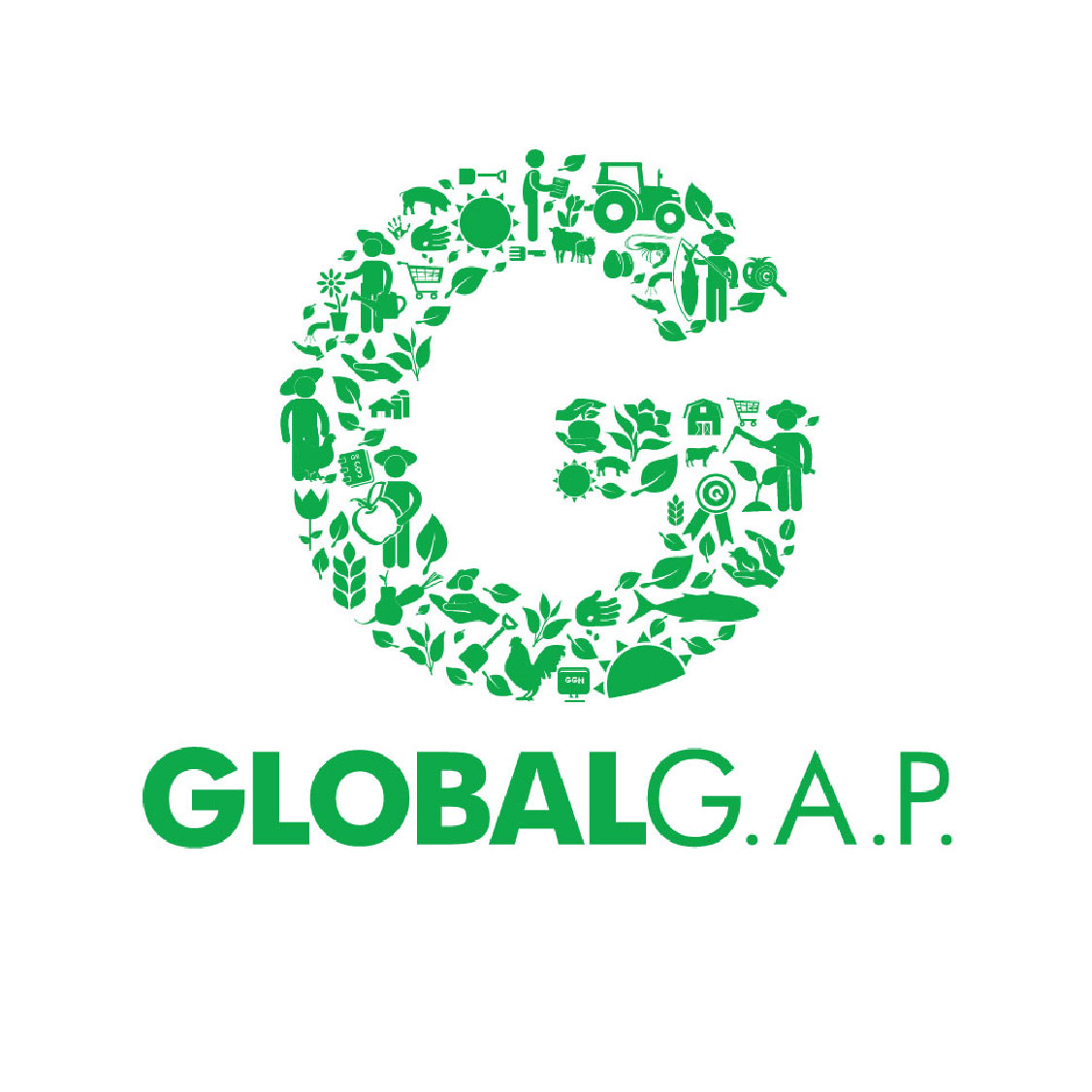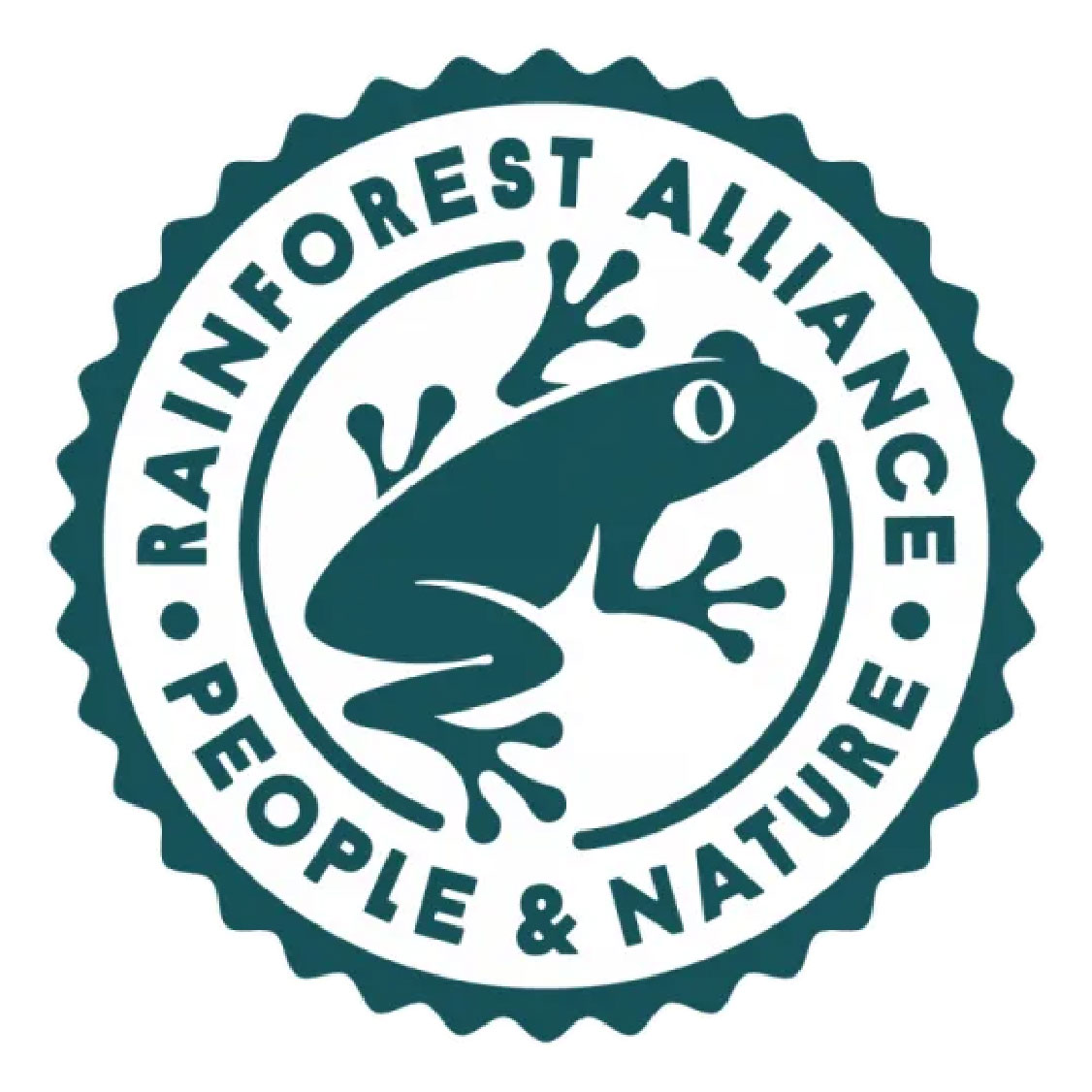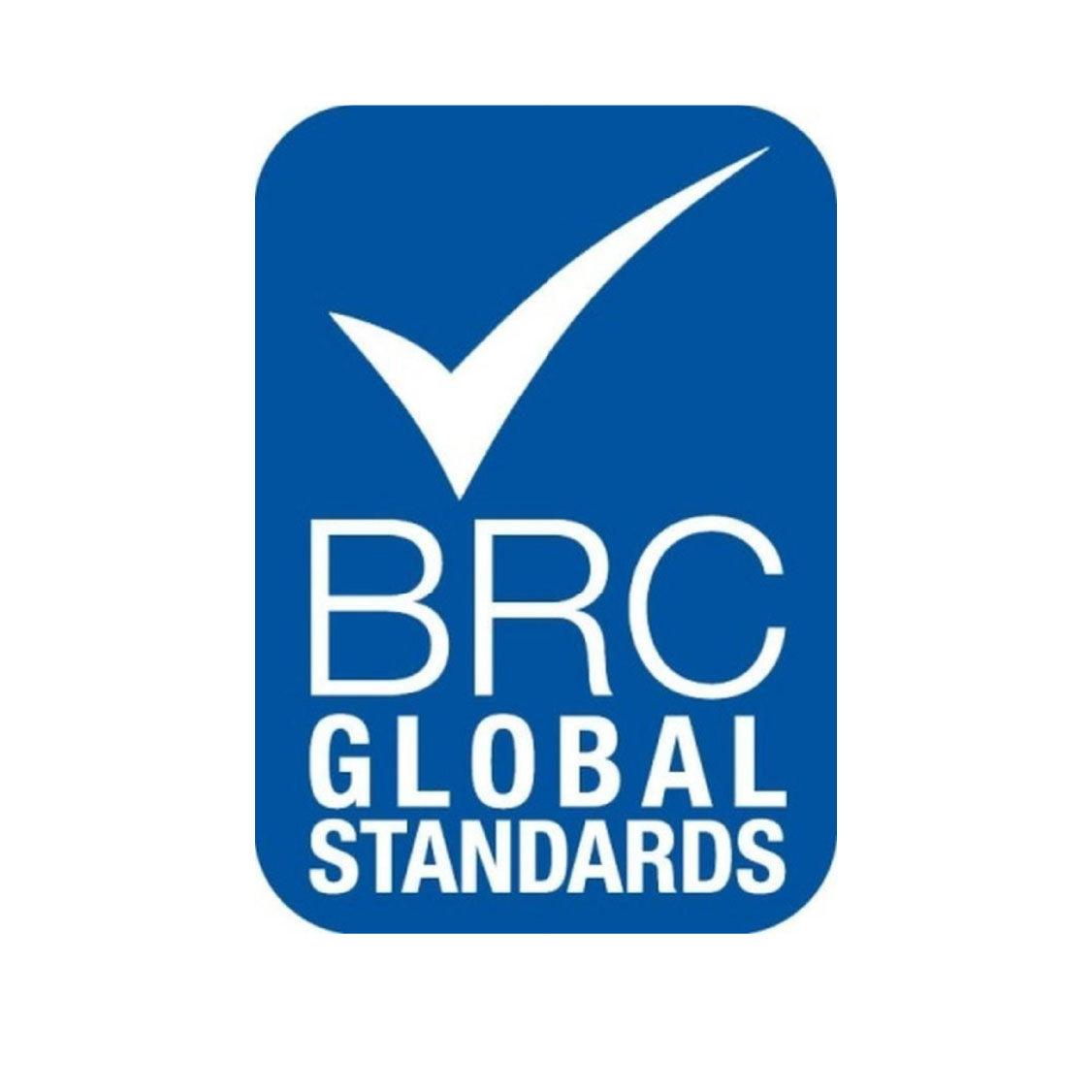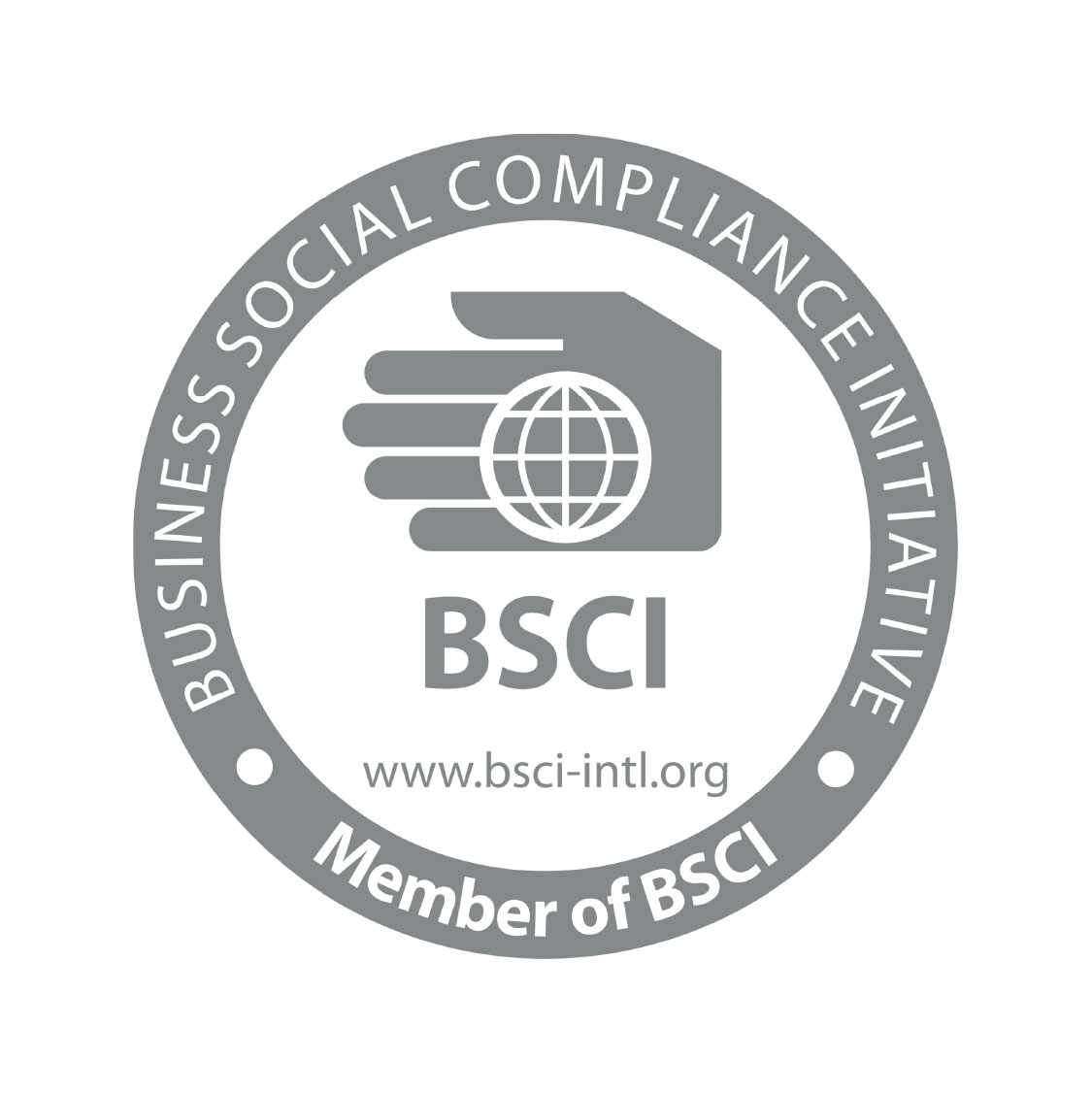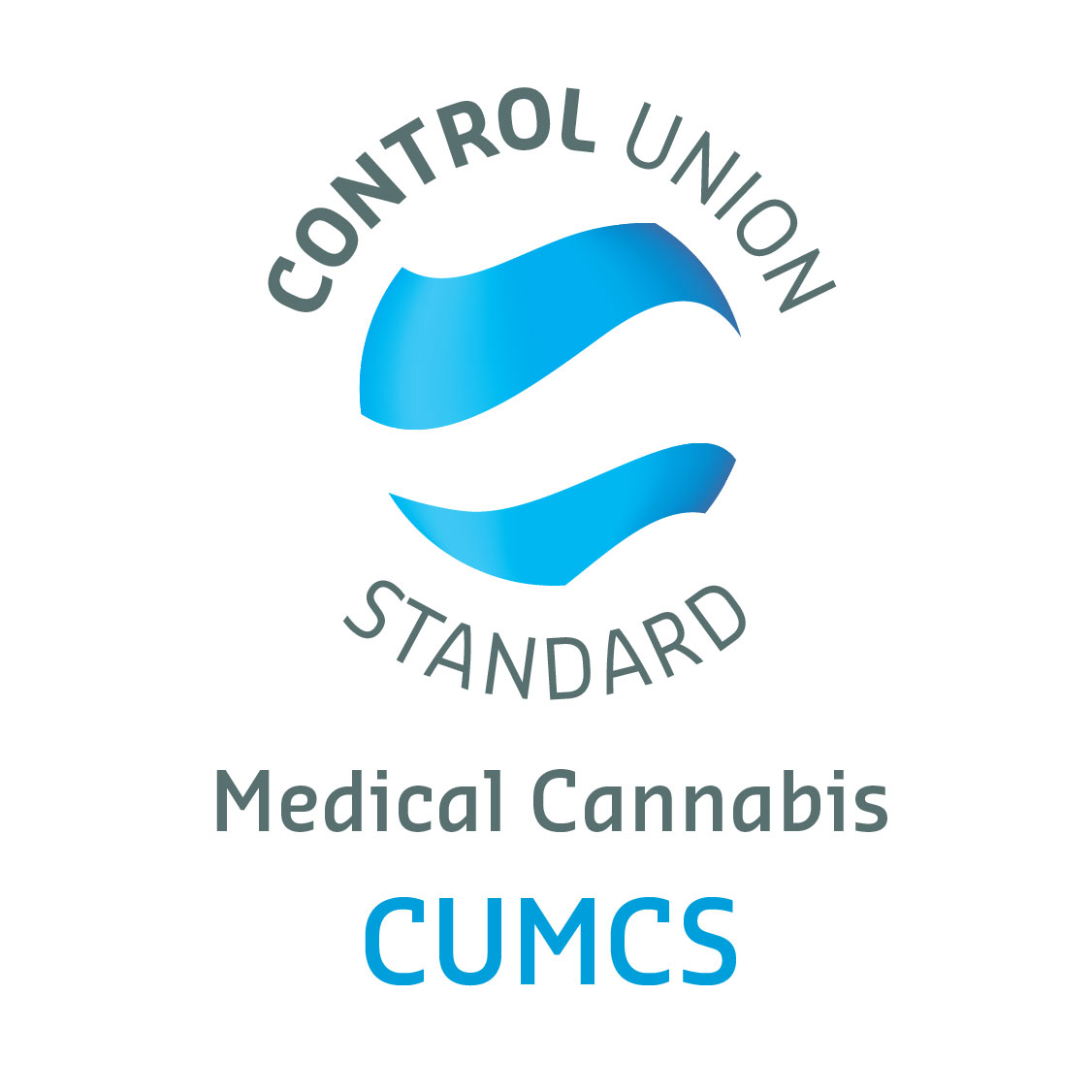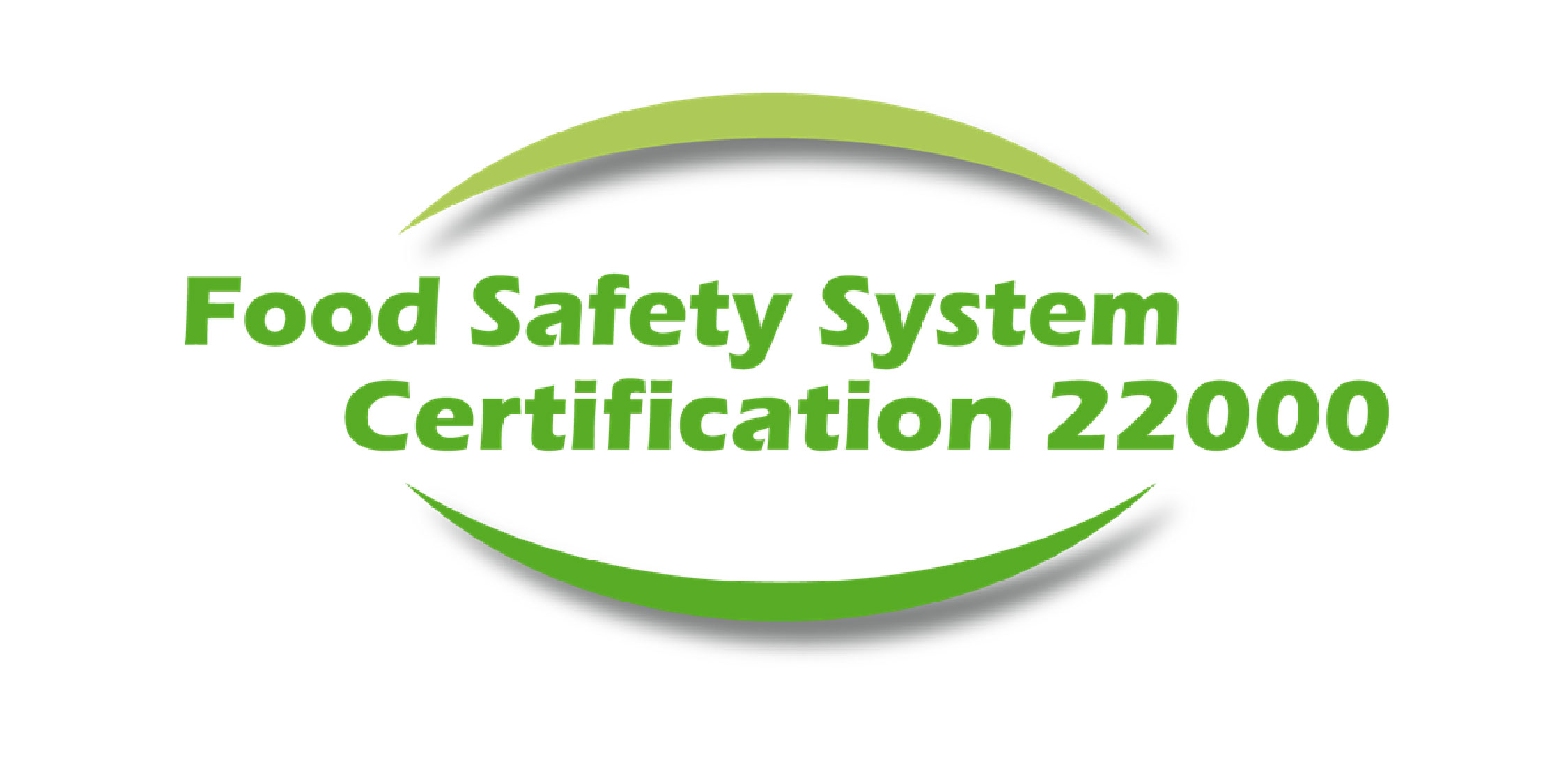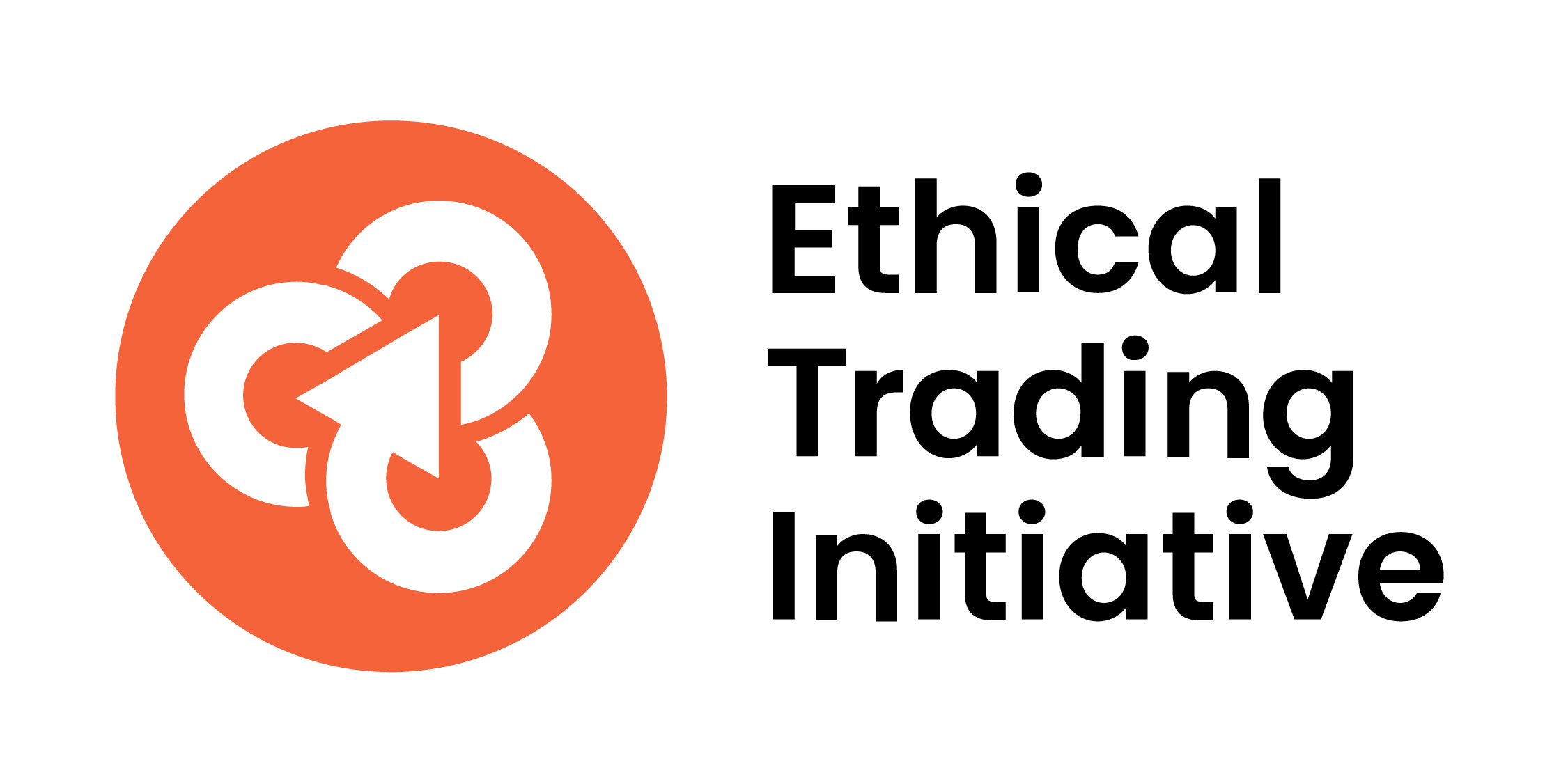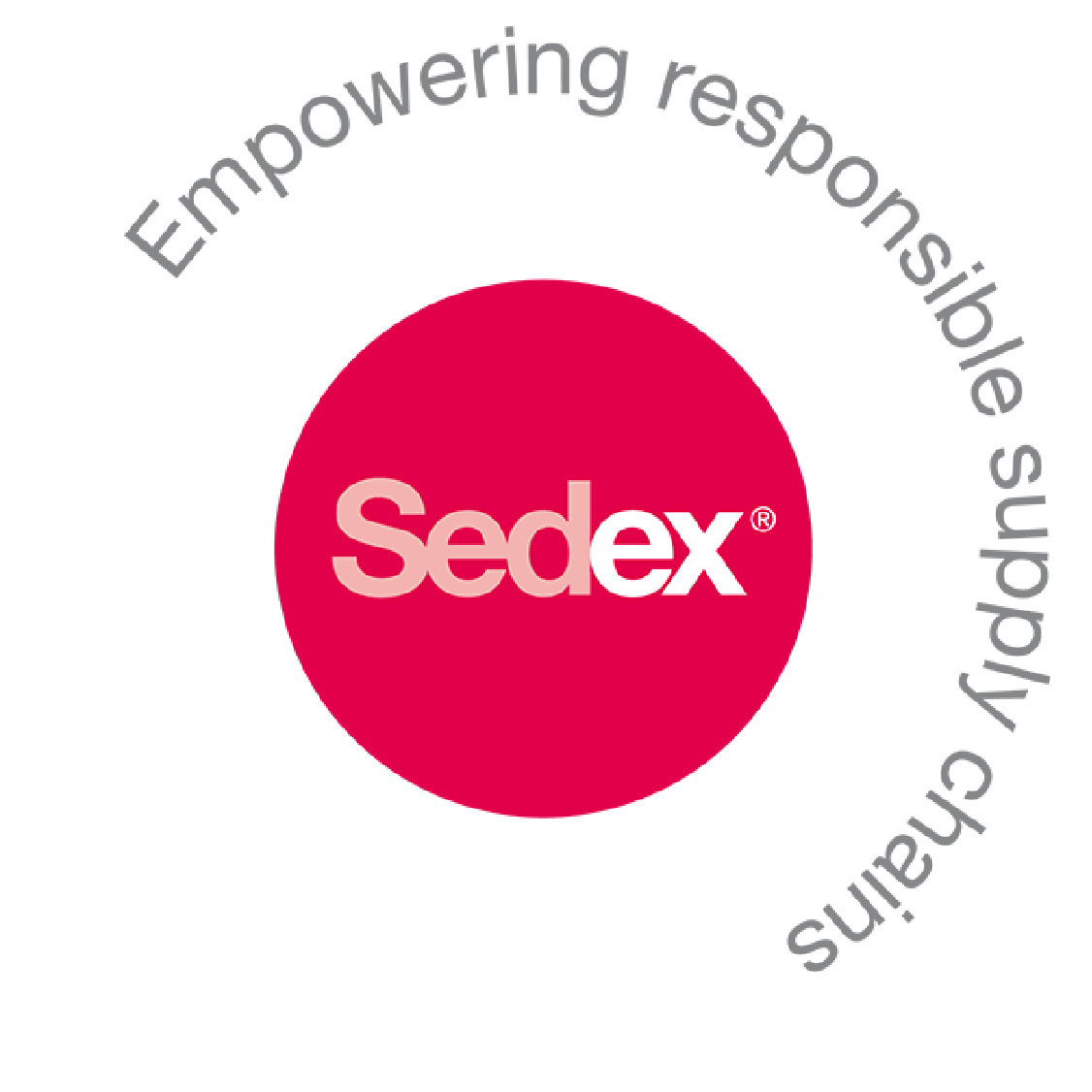
Certifications

Sedex
SEDEX (Supplier Ethical Data Exchange ) is a membership organisation for businesses committed to continuous improvement of the ethical performance of their production-distribution chains. SEDEX is a non-profit organisation. It was created in 2001 by a group of British retailers and their main suppliers. These businesses all saw the need to collaborate and harmonise their ethical standards and audits. Hence the goals of SEDEX are:
To reduce the number of ethical audits that big name suppliers must undergo
To actually improve the standards relating to working conditions
SEDEX membership is now open to all companies regardless of their geographic location. In practice, SEDEX provides companies with a database enabling them to store and exchange information and audits of an ethical nature. SMETA is the acronym for SEDEX Members Ethical Trade Audit. It consists of three elements: a common guideline for the best auditing practices applicable to ethical trade, a common format for corrective action plans, a common format for audit reports. The SMETA guidelines and report formats were developed by the group of auditors associated with SEDEX in response to demands by members, who wanted an ethics report format that facilitated exchange as well as greater transparency regarding the qualifications and practices of auditors. SMETA spares businesses the unnecessary effort of having to produce redundant ethical auditing reports. SMETA is not a new code of conduct, nor is it a regulatory standard for audits. Instead, it is a compilation of best practices in terms of ethics auditing techniques. The results of the audits are then used to build the SEDEX database. SEDEX differs from the 3 other ethical initiatives studied thus far. It is neither a standard nor a code of conduct, but a tool for businesses and a set of good auditing practices.
